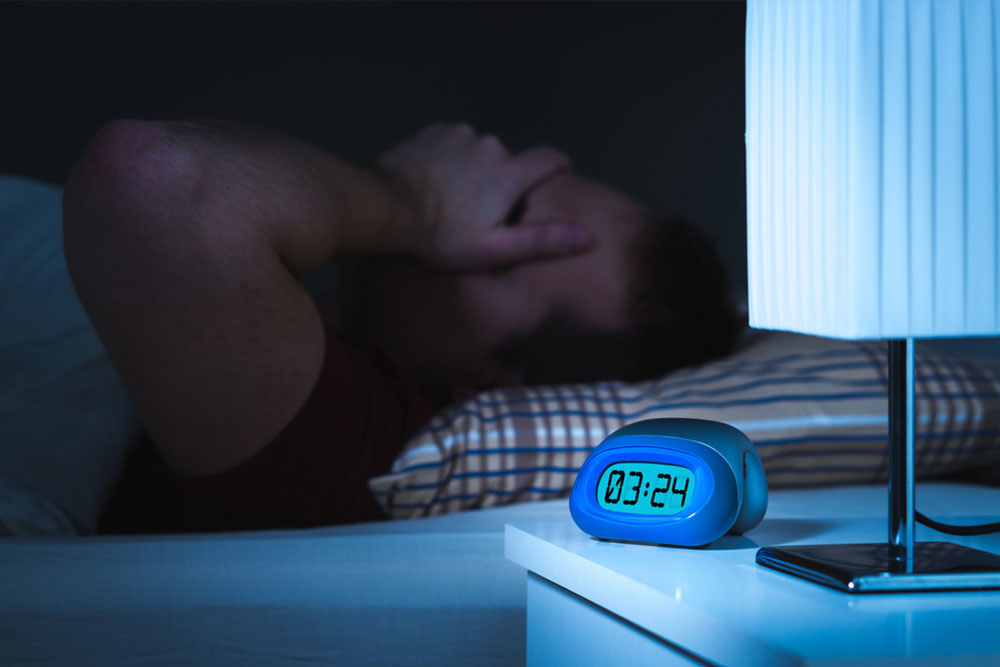Effective Sleep Aids for Insomnia Relief
Discover effective medications for insomnia, including prescription options and over-the-counter remedies. Learn about their benefits, side effects, and how combining medication with healthy sleep habits can improve rest. Consult a healthcare professional for personalized advice to manage sleep issues safely.

Effective Sleep Aids for Insomnia Relief
Insomnia, a complex sleep disorder also called sleeplessness, makes it hard for individuals to stay asleep. Those affected often wake up feeling unrested, leading to fatigue, difficulty concentrating, low energy, decreased performance, and mood disturbances.
Types of Insomnia
Insomnia can be categorized primarily into two types: Acute and Chronic. Acute insomnia is short-term, often triggered by stressful events or excitement, and typically resolves on its own. Chronic insomnia lasts longer than a month and may stem from environmental changes, irregular sleep habits, high stress levels, or medication side effects. Various medications can assist, tailored to the specific insomnia type.
The following options can significantly improve sleep quality. It is recommended to combine medication with healthy sleep routines for best results.
• Zolpidem: Also known as Ambien or Intermezzo, Zolpidem helps promote restful sleep. However, some users may experience awakenings during the night. An extended-release form, Ambien CR, is available. Additionally, Zolpidem oral spray (Zolpimist) can be used for short-term insomnia.
• Eszopiclone: Marketed as Lunesta, this FDA-approved medication enables quick sleep onset. Caution is advised for those needing 7–8 hours of sleep, as it may cause dizziness.
• Ramelteon: Sold as Rozerem, Ramelteon uniquely targets the sleep-wake cycle, making it suitable for long-term use without dependency risks.
• Antidepressants: Drugs like Trazodone, Agomelatine, and Amitriptyline are effective against anxiety and stress-induced insomnia. Mirtazapine can reduce sleep onset time, while Agomelatine enhances sleep quality without causing daytime sleepiness.
• Doxepin: Known as Silenor, Doxepin aids in maintaining sleep by blocking histamine receptors. It is mainly recommended for those sleeping less than seven hours, with dosage tailored to individual health and response.
• Over-the-Counter Sleep Aids: These include antihistamines like Doxylamine and Diphenhydramine. Available without prescription, they may cause drowsiness and diminish in effectiveness over time, with possible side effects like dry mouth.
• Zaleplon: Marketed as Sonata, Zaleplon acts quickly and stays in the system for a short duration, ideal for those waking in the night. It’s not recommended if multiple awakenings occur.
• Benzodiazepines: Drugs such as Triazolam, Alprazolam, and Temazepam are effective but longer-lasting, suitable for severe cases like sleepwalking. Long-term use carries risks of daytime drowsiness and dependence.
Possible Side Effects: While these medications help, they may cause sleepwalking, drowsiness, impaired alertness, dependence, headaches, allergic reactions, sleep-related behaviors (e.g., sleep driving or eating), memory issues, decreased performance, or gastrointestinal upset. Use medications responsibly and consult a healthcare provider if sleep problems persist.










